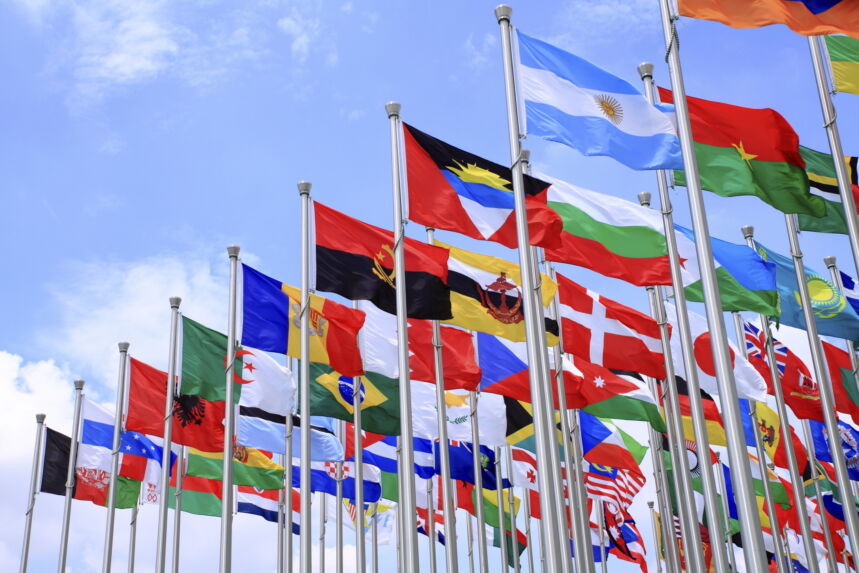November 23, 2015
SIA expands specialty offerings with three new study tracks

UNIVERSITY PARK, Pa. – The Penn State School of International Affairs has added three new optional study tracks to its curriculum, giving students a total of nine optional choices for customizing their own track. Students can now choose from International Cybersecurity, International Energy Policy, and Middle East Studies, as well as the six original tracks, or opt to create a their own personalized study track.
The International Cybersecurity track will prepare students to engage with the range of issues and techniques employed to analyze, understand, and combat international cybersecurity issues. Nations, international organizations, corporations, and individuals are increasingly concerned about cybersecurity and there has been tremendous growth in the employment of people with core knowledge of the topic. The goal of this track is to provide students with an understanding of fundamental principals in both military intelligence and information technology to be able to understand the operational, political and security concerns emerging from international cybersecurity issues now and in the future.
The International Energy Policy track helps to provide an understanding of international energy policy by blending knowledge of international politics, international economics, regional dynamics, and a foundation in the science and technical operations of energy discovery, production and consumption. Energy, whether finite (e.g. oil) or renewable (e.g. solar) drives the world’s economies. Energy concerns have also fueled wars, insurgencies, and international alliance formation and dissolution. International energy represents a fast-growing and exciting area of employment opportunity.
As the Middle East has become uniquely important in international affairs, the Middle East Studies track prepares students to understand the role of the Middle East in international affairs and to apply such understanding in a professional setting. More specifically, students will learn to identify and analyze the most consequential political, social, and economic currents in the contemporary Middle East; to assess these trends' global ramifications; and to evaluate the Middle East's evolving international relations, including strategic dynamics among regional actors and interactions between the region and extra-regional powers like the United States.
The other six tracks include Development Policy, Dispute Resolution, Environment and Resources, Humanitarian Response and Human Rights, International Education, and International Security Studies.
